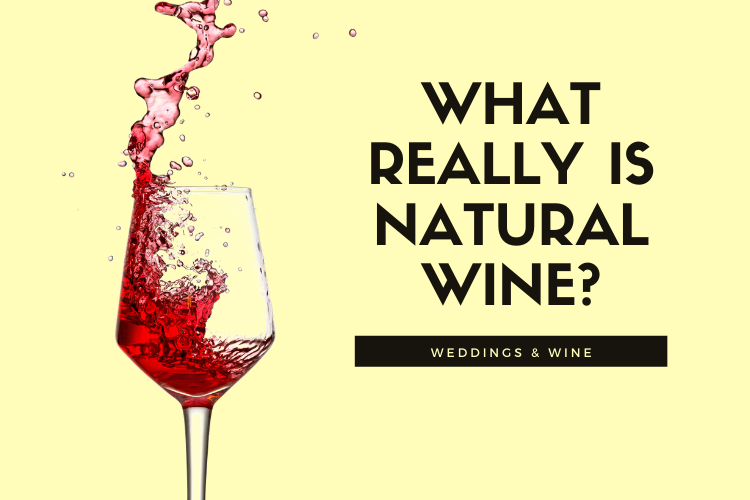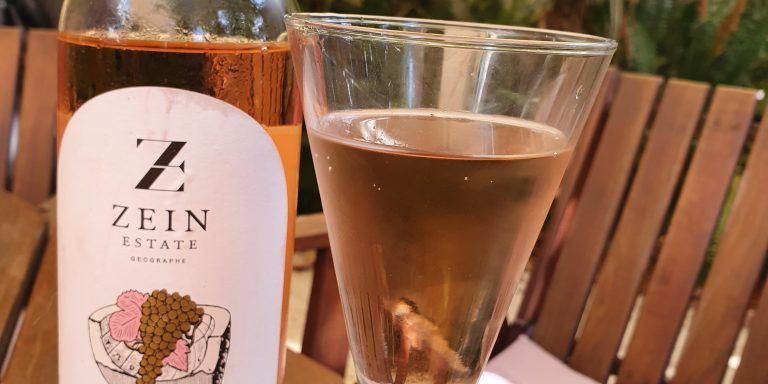What Really is Natural Wine

Guest post by Ethan O’Neill
So you are getting your wine list in order for the wedding. You have probably tasted the classics (Shiraz, Chardonnay, Champagne) but are there other styles out there worth considering.
Natural wines, not just another name for organics, are making a comeback in Australia right now, and I think it’s about high time we start talking about their range, as more than just oddities between the Sauvignon Blanc and White Varietals shelf and start appreciating them as a unique style, suited perfectly for the Australian climate.
What is Natural Wine?
Let’s start with the basics: “Nothing added. Nothing removed.” It’s the mantra you will find repeated in whatever article you read on the subject of natural wines. For the most part, it’s fairly true. Wild yeast and bacteria are allowed to stay in the bottle, the natural flavours of the grapes are not enhanced with any chemicals or acidification, no added sugars, no (or minimal) added sulphites etc. etc.
But there are other aspects to natural wine, especially the neo-natural wines that have been making a resurgence in Australia as of late. Nowadays vintners (winemakers) have turned to natural wine as a way of experimentation, using grapes from different regions of cool and warm climates, combinations of grapes outside traditional styles, and using techniques from other alcohol fields like beer brewing and spirit making.
Alright so we kind of have an understanding of what they are, but what do they even taste like?
That’s the best part… they all taste unique.
Why Natural Wine?
The broad definition and experimentation have created some incredibly unique tastes in natural wine. Some of the common descriptors I’ve heard in my time working at a bottle shop have been: funky, yeasty, weird, fun, easy-drinking, earthy, vibrant, fresh, and juicy.
The other day I cracked a bottle of Konpira Maru’s Petite Naturel. I wrote down my thoughts as I drank, and compared them with my friend. He described the taste as oily, light, and refreshing. While I found the taste funky, rich and had lasting tastes of earth and wood.
The characteristics of natural wine are often best left up to the individual. The complexity of the palate elicits different responses no matter who drinks it. This brings me to the point of this whole article. When we talk about Champagne we use descriptors like sharp, dry, soft fruit, and lively. Shiraz is often bold, and Cabernet is biting. That’s what makes drinking natural wines so fun, everyone is going to approach it differently.
So is it the perfect wine for weddings? With so many people gathered for your special day, why not give them a wine that is as unique to their palates as their own experiences with love.
What Natural Wine?
Below is a list of natural winemakers I recommend trying if you want to experience the incredible array of tastes naturals have to offer. Drink with a friend or partner and compare your impressions. Bonus points if you both agree on a taste (I don’t know what the points actually are, maybe more wine?).
- Konpira Maru: my first experience with natural wines. Check out their groovy labels too. Start with the Petite Naturel and then experiment with some of their more traditional stylings like their Merlot or Syrah.
- Brave New Wine: A WA-based wine company producing some unique and interesting wines with an emphasis on new wine techniques.
- Garage Project: Renowned for their beer, this New Zealand based brewery is creating a wine that is not strictly natural, but a lot of the same taste characteristics carry over in every one of their releases. They are also experimenting with combining techniques from other alcohol production fields.
When to drink Natural Wine?
Now! You’ve finished the article, get out there and try a glass! Have a fresh, vibrant, fun, yeasty time!
Author Bio:
Ethan is an Illawarra based writer of all things alcohol. Shiraz, and Natural Wine fan. You can find more of his writing at ethanoneillwriter.com



